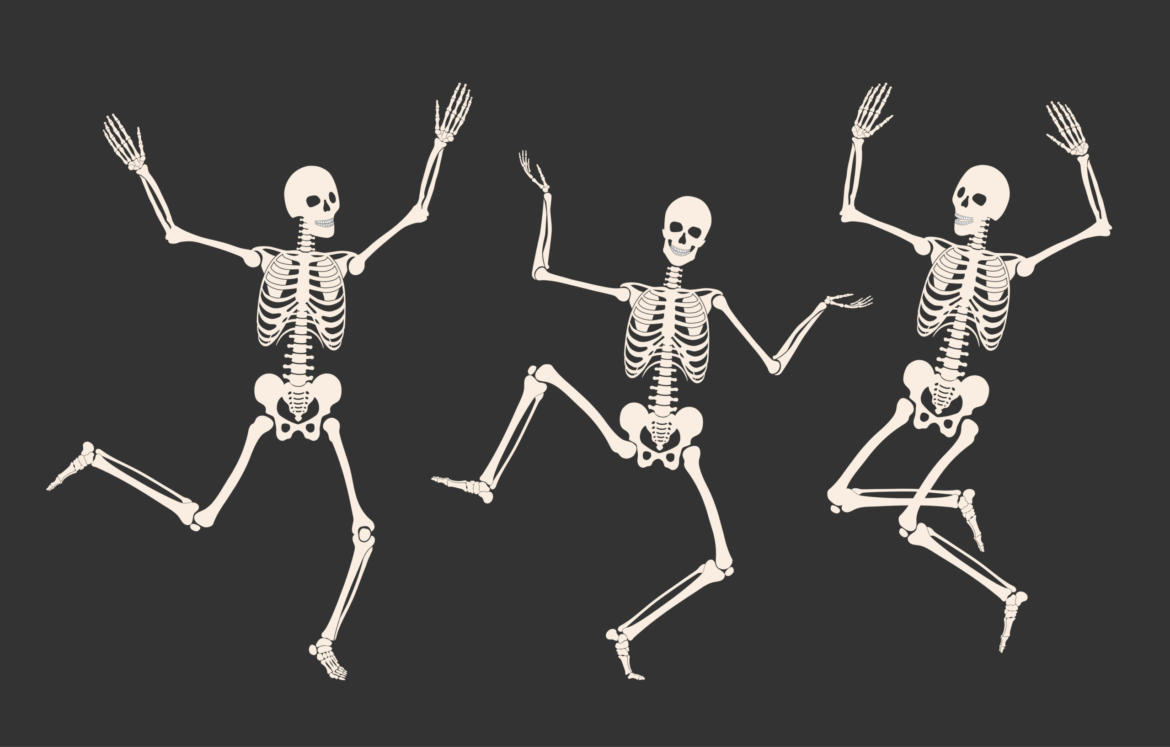I have been thinking a lot about mortality these days, not morbidly, but with curiosity about what it means to live a life with the uncomfortable, sometimes scary, knowledge that it will certainly come to an end. A recent interview in The Sun with Sheldon Solomon, a psychologist who researches death denial, led me to the work of Ernest Becker, author of, most famously, The Denial of Death. Becker believed that the fear of death is the “mainspring of human activity,” in that it shapes, mostly unconsciously, much of what we choose to do in our lives. This fear of annihilation motivates us to do such things as scale Everest, build pyramids, amass capital, and write novels, as ways of managing terror and seeking symbolic immortality.
I can affirm that the certainty of death brings an element of urgency to the act of writing. The writer of fiction, nonfiction, or poetry can stop time, reexamining a moment, amplifying it and assigning it meaning. To write about something is a way of reliving it, or, in the case of a fiction writer, we live the imagined lives we write alongside our real ones. Writing anything at all is a process of amplifying and probing the experience of being alive, thereby giving us the sensation of having more life than we’ve been allotted. Further, writing assures us that our opinions and perceptions might continue to matter even if our bodies will eventually be snuffed out.
What writers love to do—the finding of meaning and the assigning of value—Becker claims are activities that serve as a form of terror management. Is this a cynical point of view, demeaning to what we do as writers? I think not. It’s hard to be a person navigating the world’s chaos. Of course we need to find ways to get through. I can see how I have, over the years, sought writing as a refuge of sorts, a cave I inhabit while observing the world at some remove, giving no thought or purchase for death.
Now that I am looking death directly in the eye and know that I will probably not be around in a few years, I am thinking more about how interwoven life and death naturally are. This couldn’t be more apparent as we try to pretend the pandemic is over while it is still killing large numbers in the U.S. and across the globe. The pandemic has made me acutely aware of myriads of deaths that are closer to home, in the form of dead birds and squirrels—sometimes dead deer—I see on my walks.
I wish we lived in a culture that didn’t ignore and shun death, treating it as a solely private matter, the dying as losers at the game of life, as our former president would say. There must be a better way to operate, a way of living that isn’t primarily driven by the fear and denial of this natural process, fear and denial that makes us run ourselves ragged to achieve things that will supposedly guarantee us long life and maybe immortality, but instead often leave us empty. Wouldn’t it be good to find a way of living which allows the acknowledgement, even the embrace of death, to guide us to more satisfying choices while we’re here?
I am trying to live with a clear eye on death. I like to speculate about how I will die, what the experience will feel like. Having worked as a Hospice volunteer, I know there are many different ways to leave life. Letting go in the final moments often takes work. I have no idea if I will be one of the ones who lets go easily, or if I’ll resist, wanting more—just a little more, please. Meanwhile, having always been a bit of a provocateur, I have come to love the mischief of joking about death, jokes my husband, understandably, does not appreciate. I think it’s likely my family will be welcoming new life around the time I am dying, a thought that is deeply pleasing. A passing of the baton; a new spirit taking over.
Whether or not writing is a form of death denial, I continue to write, not fearful, but still fending off death for as long as I can.

Add Comment